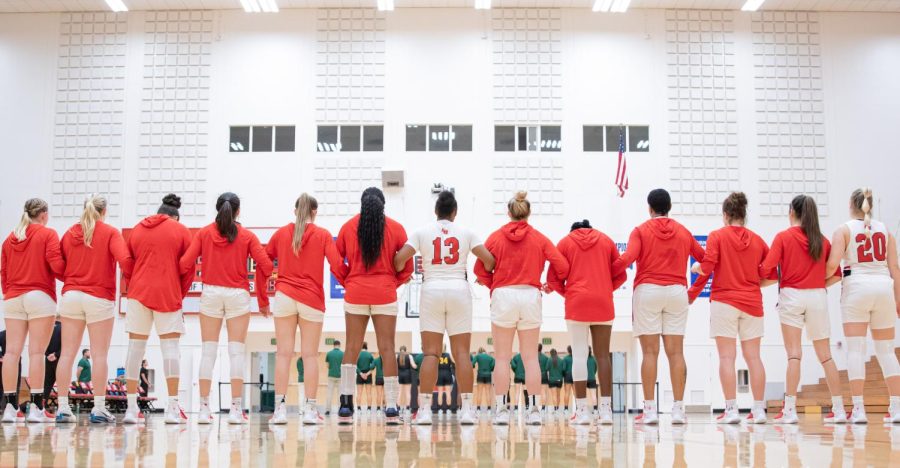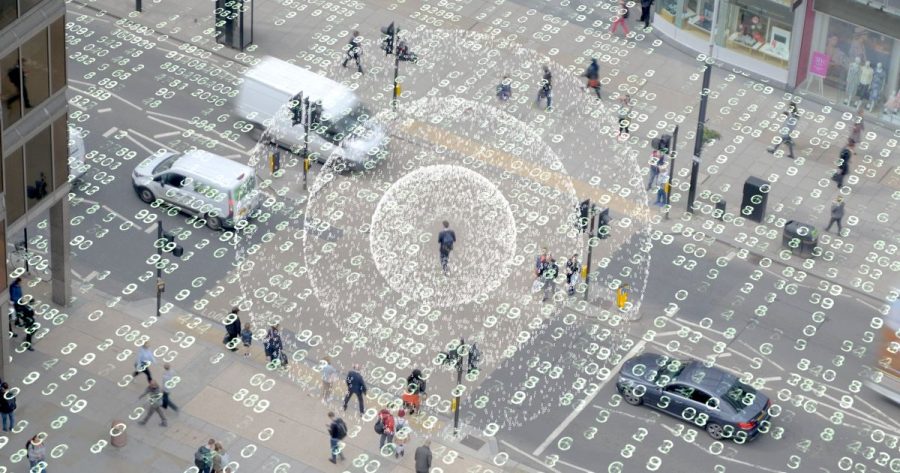In the wake of the 48th anniversary of Martin Luther King Jr.’s assassination, many different aspects of his life and accomplishments continue to affect how we view our society.
While not necessarily addressing the same issues and concerns that King sought to change, the spirit of his movement can be seen in dozens of protests around the world.
It is difficult then to watch as so much social unrest appears to lead nowhere in comparison to the sweeping changes that King’s movement, and others like his during his lifetime, were able to usher in.
Yet a key lesson has been lost by those who look towards his tactics, particularly through protests and marches, as to the success of movements like King’s and how to best replicate them.
Protests in the United States and around the world have sought to latch onto the sentiments of people who believe strongly in favor or against a major issue and deliver that sentiment in a unified voice.
The protest on Wall Street and the riots in England come to mind as immediate examples and both provide the key problem that these modern day protest movements face.
They simply lack any real sense of direction.
To be fair, they are very well directed towards specific reasons for the unrest, but they do not address a larger question that such movements must answer to be successful.
How will this change come about?
Too many protests today, such as the one on Wall Street and multiple in England, failed miserably to answer this question.
They successfully answered the question of what they wanted changed and tapped into a societal unrest over their respective issues, but never bridged the gap between that fury of the people and actualized change.
Take this in contrast to the multiple successful protest movements that sprung up in the Middle East specifically in Bahrain.
A protest movement that was met with violence from the regime in power, yet still was able to achieve part of its goals along with alerting much of the world to the situation that existed inside the country.
What the protest movement in Bahrain did, as King’s movement and others like it in the United States in the 1960’s were able to, was channel anger and rising sentiments among the people into a directed focus for specific changes, with a focus on the precise manner in which to foster that change.
This is what is sorely lacking from so many protest movements today, a focus not just on the issue at hand but a clear direction in the specifics of how to foster change.
Time has shown it is not enough to simply react to a situation by crying out for change, movements must foster the specific actions, be it through legislation, outside political pressure or reaching across traditional boundaries to foster actual change.
We have seen protests work for change in this modern era, examples to essentially light the way for other movements to follow.
Martin Luther King Jr. and his compatriots understood precisely what they needed to change and how it could be changed, letting that be the driving force of a movement whose accomplishments we still benefit from and fight for to this day.
It is not enough to channel the spirit of those movements, we must also channel the intellect that supported and drove such vision if we are to see lasting social change driven by protests in our day and age.










